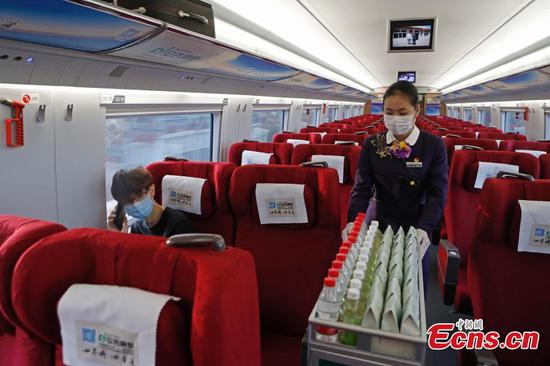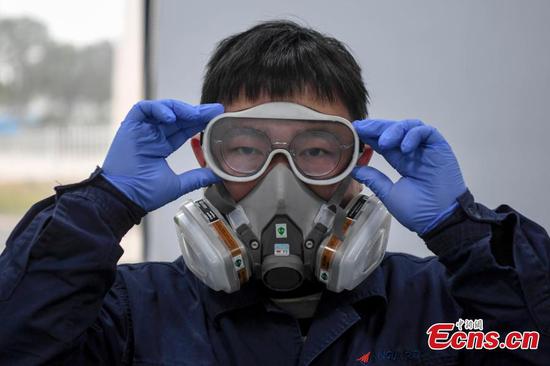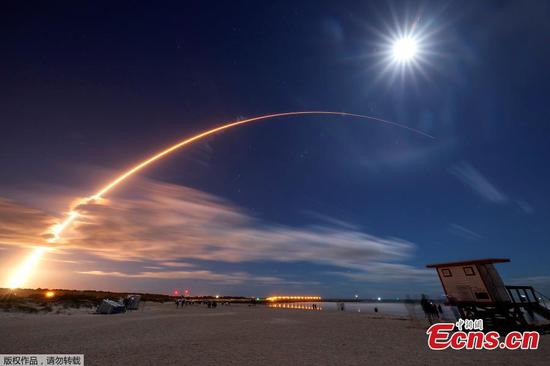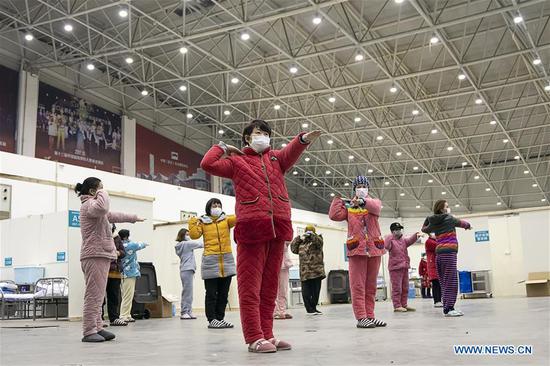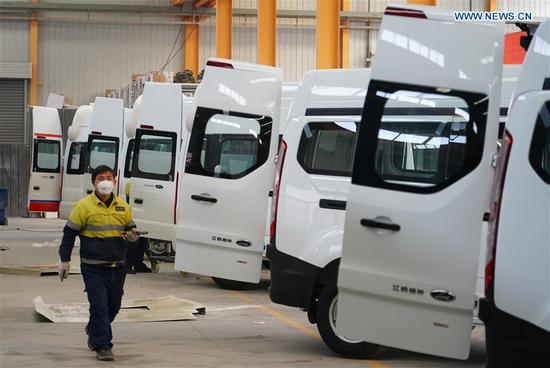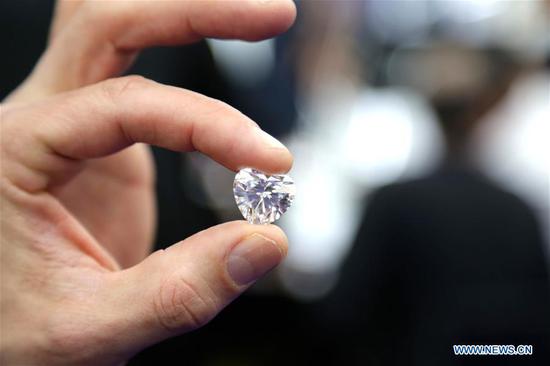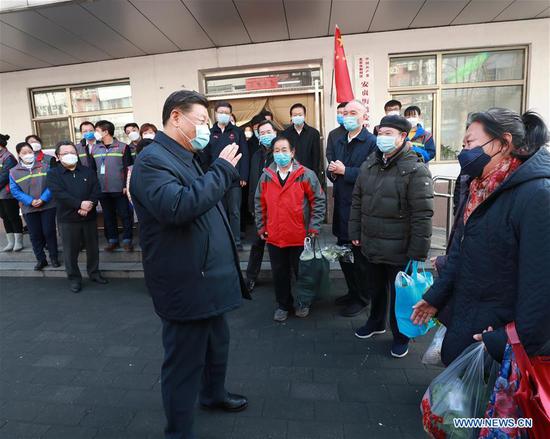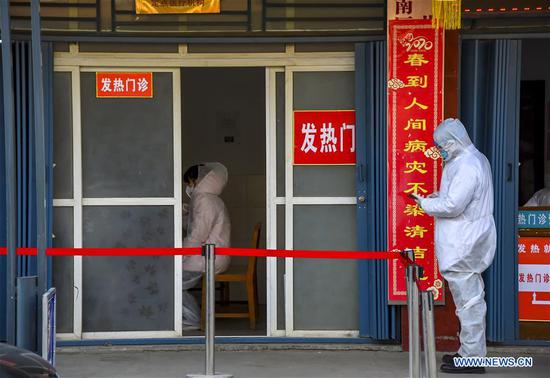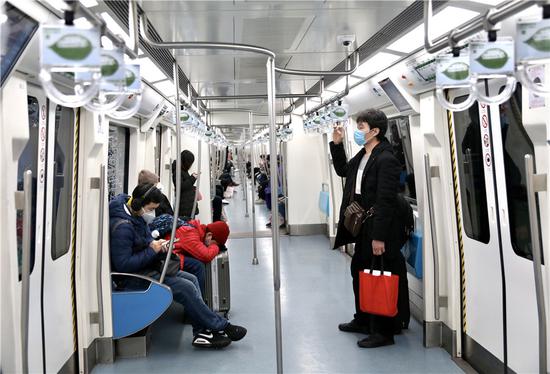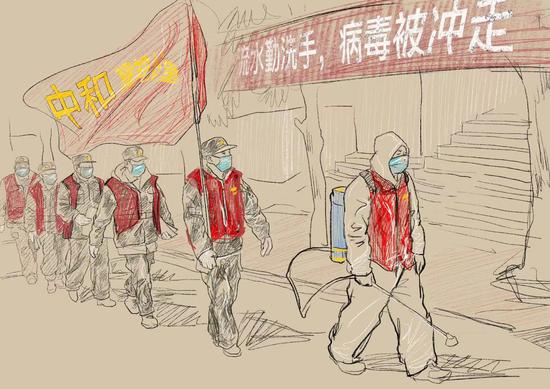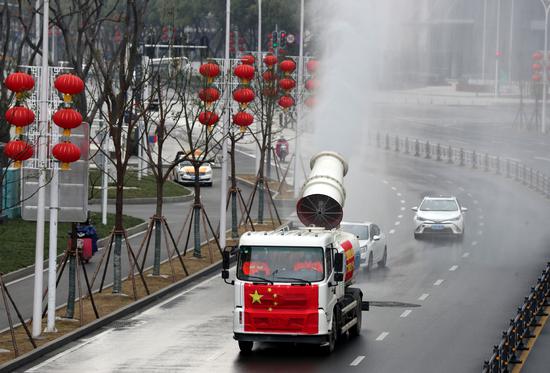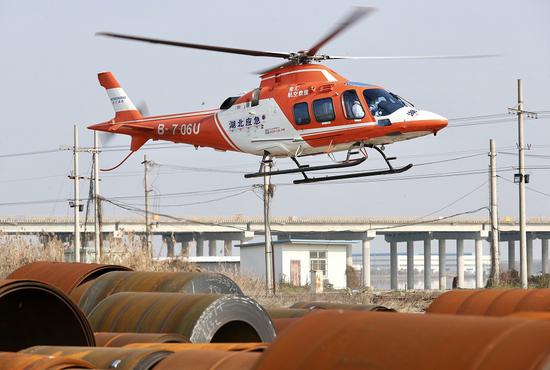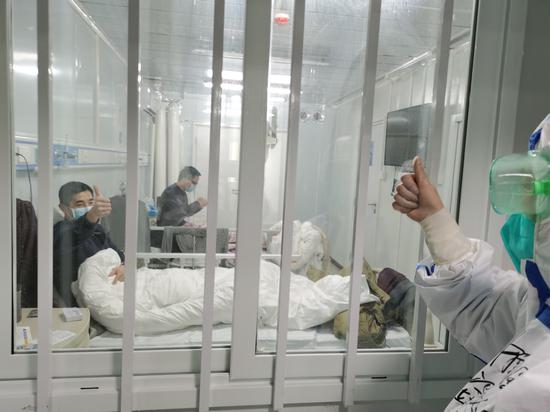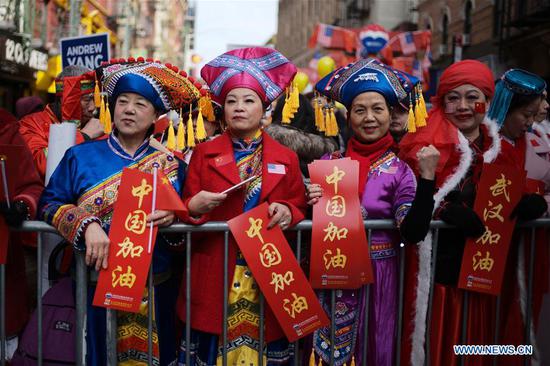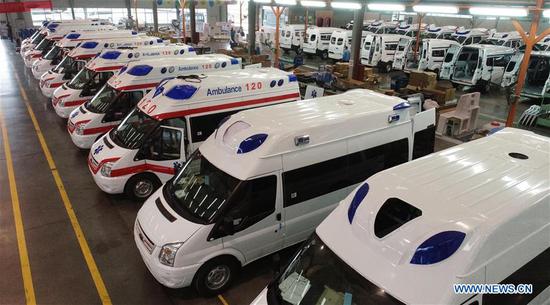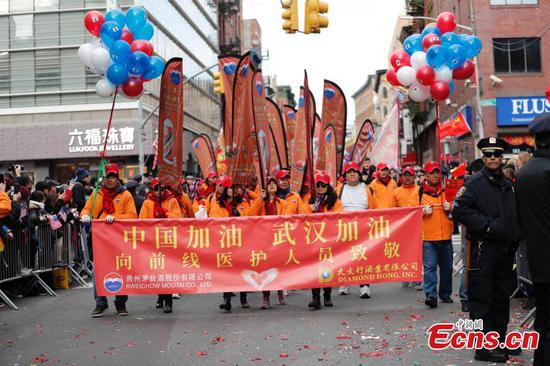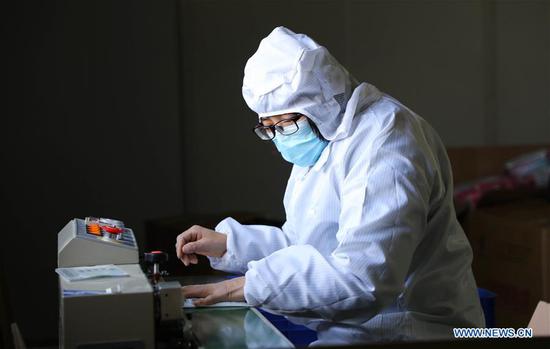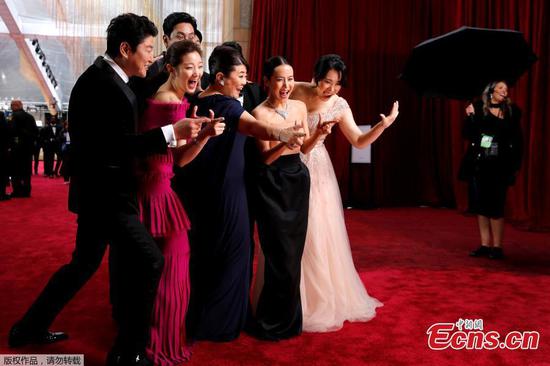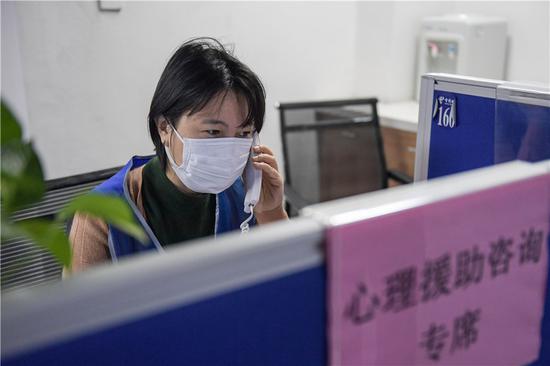Swedish telecommunication operators have continued to use equipment from Huawei, the Chinese technology firm, the national radio broadcaster Sveriges Radio reported on Tuesday.
Meanwhile, a government minister told Sveriges Radio on January 29 the Nordic country's legislation is not aimed towards one specific company or country.
HUAWEI STILL "A PROVIDER" TO SWEDEN
Ekot, the news service of Swedish national radio broadcaster Sveriges Radio, reported Tuesday that its survey showed that Swedish operators have used Huawei technology in their testing of 5G technology over the last year.
Staffan Akesson, the chief technology officer of operator Telia, was reportedly saying "Huawei is a provider that we are currently using, we don't comment on what providers we will use in the future."
The report said Tele2 and Three, two operators, have both recently used Huawei equipment in 5G testing, and Telenor, another operator, also has stated that it doesn't exclude using Huawei as a provider for the outer radio parts in their networks.
For months, the United States government has been prodding its European allies to ban Huawei, the employee-owned Chinese technology vendor leading in 5G globally, from participating in building their telecommunication networks.
But the U.S. campaign suffered significant blows in the end of January, when the United Kingdom and the European Union both issued rules that did not ban Huawei.
"NOT AIMED TOWARDS SPECIFIC COMPANY"
Tuesday's report came after Studio Ett, also under Sveriges Radio, reported on January 29 that Anders Ygeman, Minister for Energy and Digital Development, said Swedish legislation was not aimed towards one specific country or company.
A change in Swedish legislation in January this year means that the Swedish government can review telecom providers on the basis of "national security".
For 5G there is not one specific country or company that poses a risk, but there are a number of complex risks when it comes to a system such as the 5G network, Ygeman reportedly said.
Ygeman reportedly said that there is not any evidence against one company or country that a component has posed a threat to the network yet, adding that Sweden believes in free competition on the market which will give Sweden a better 5G network.
On 5G, Huawei's global competitors are Sweden's Ericsson and Finland's Nokia, both of which have been big sellers to telecommunication operators in China, where the size of potential revenue is huge.
"TECHNOLOGY ALWAYS BEATS POLITICS"
Despite fear-mongering rhetoric, the U.S. government has consistently failed to present any evidence on its accusation that Huawei poses a threat to national security in Europe - a key factor leading to Europeans' rebuff of Washington's demand.
In addition, Huawei is invariably judged by international telecommunication operators as having advanced technology but lower cost - banning Huawei would thus be very costly and time-consuming.
"Technology always beats politics," Kenneth Fredriksen, Executive Vice President, Huawei Central East Europe and Nordic Region, was quoted by Dagens Nyheter, a major Swedish newspaper, as saying on Tuesday.
"We're in pretty good shape. After all, we have signed 60 contracts for 5G in the world, including 30 in Europe. We have delivered the technology to Finland, received orders in Norway, and we are in no way being turned down by the Swedish operators," Fredriksen reportedly said.
"We choose to believe in the authorities when they say that the law is not aimed at individual suppliers or countries," Fredriksen reportedly said.
Huawei just celebrated its 20th year in Europe, where its first footprint was a research and development center in Sweden.
Abraham Liu, Huawei's chief representative to the EU Institutions, said last week that the Chinese company had decided to set up manufacturing bases of 5G equipment in Europe, to have "5G for Europe made in Europe."












